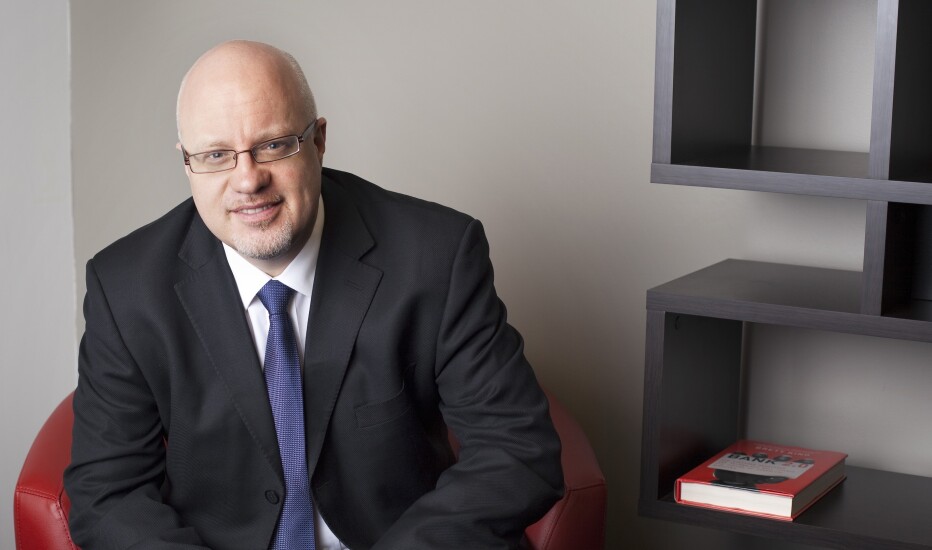Is a revolution some thought was fizzling out on the resurgence again?
The so-called neobank movement — digital startup challengers that deliver banking products outside the traditional system — can be said to have started in 2009, when John Reich, an Australian software developer and hedge fund quant who was appalled at the complexity of American banking, decided he wanted to start a "really boring, simple bank." He founded BankSimple to do just that.
Shortly afterward another Australian, Brett King, launched his challenger bank, Moven. Chime and Varo Money followed.
In the near decade that followed, the neobanks have faced headwinds. BankSimple (now just called Simple) was bought by BBVA and went through a painful process of migrating accounts to the big bank's systems; its founder recently announced he's leaving. Moven became a seller of software to large banks including TD Bank and Westpac, while still maintaining its own mobile banking service. Varo Money has been trying for almost a year to get a banking license. Chime remained independent (in partnership with The Bancorp Bank) but is going through growing pains.
This year, all are taking up their swords again, renewing an anti-bank message of helping consumers lead financially healthy lives, with fewer fees and more helpful products and software than traditional banks. Following is a look at how the neobanks are fighting back.










